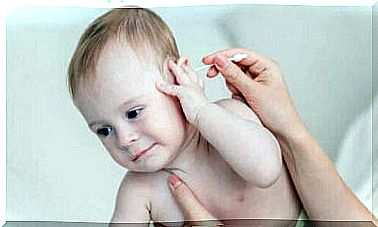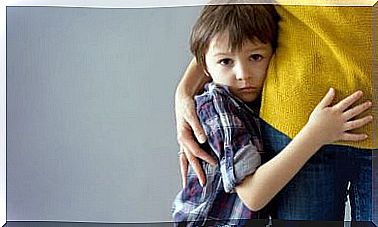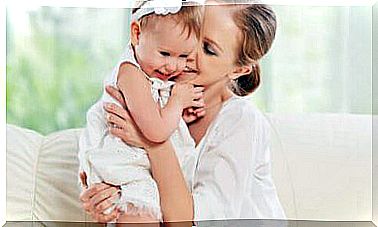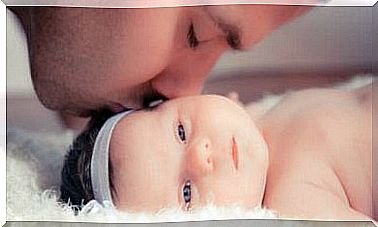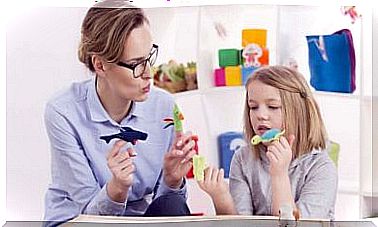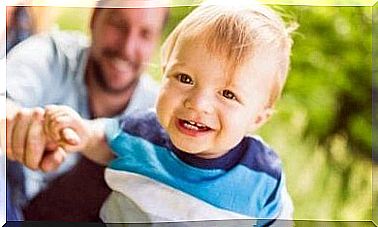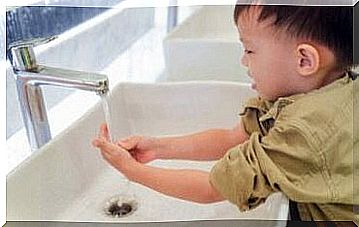One Year Of Adventures, 12 Months Of Learning – Being Parents
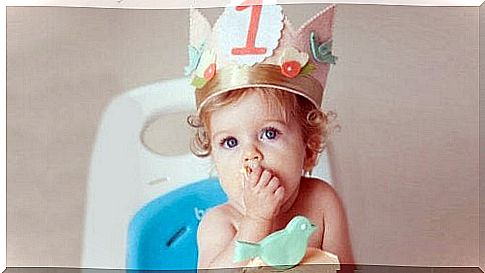
When your baby is born, the world opens up before your eyes. Your baby’s first birthday means 12 months of adventure. Indeed, you will see that each month is marked by achievements, challenges and progress. These are manifested in details such as learning to smile, raising your arms to be lifted, saying mom …
His first year of life is crucial. Indeed, it has been proven that newborns learn impressively during their first 12 months of life.
During these months, your baby will learn, among other things, two fundamental aspects. First, to relate to the world around him and control his body. This learning, although progressive, begins the moment it comes into contact with the outside world. Then, over time, you will find that your child is learning day by day.
During these first 30 days, your newborn instinctively adapts to the world around him. And his body responds to essential reflexes. So during his first days of life, you can see, for example, that he moves his eyes towards the light. Or, that he stretches his arms and legs when he hears a loud noise.

Another of his newborn reflexes is his great ability to suck. She helps her suckle her mother’s breast for food. At this age, barely a month old, her only way to communicate is to cry. Therefore, he usually cries when he is hungry, cold, hot, or when he feels lonely. When this happens, try to hug him to calm him down.
Do this without being afraid to “spoil” him, because at this stage the baby is not crying for nothing, but to communicate a need. The challenge, in this case, is for mom or dad to guess what’s wrong.
Learn bit by bit
During the second month, your baby will start to smile at external stimuli, especially when he sees his mother’s face. At two months old he begins to put his thumb in his mouth and to get into the habit of sucking it. In addition, he emits his first throaty sounds and knows how to attract the attention of his mother and father.
At this stage, it is particularly important to stimulate it. You can, for example, hug him, stroke him and talk to him a lot. Thus, you will be able to stimulate his senses in a positive way.
After the third month or so, your baby will move his head more and more. He will also show more interest in the objects around him.
For example, brightly colored or moving objects will attract his attention a lot. So you will be able to see him use his toys more and more. And if that weren’t enough, he’s also very likely to start babbling.
At this age, it is normal for him to make a fist when you touch the palm of his hand with a finger. Indeed, this simple reflex allows his pediatrician to assess the level of psychomotor development of the child in his first months of life.
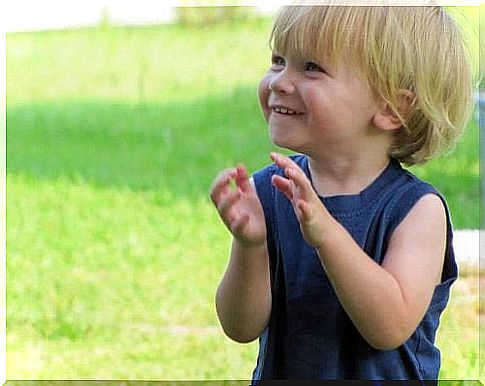
From the fourth month there are new adventures
At four months, your baby is already holding his head and looking at his hands. He also begins to hold and move objects with a certain dexterity. Socially, the baby laughs a lot. He shows interest in everyone around him and doesn’t like to be left alone. However, not all of this data that gives you clues about how baby is learning is not accurate. Each child evolves at his own pace and the pediatrician is the only specialist able to assess his progress.
During this first year of adventures, your baby will begin to babble often. He will play with the sounds he makes and have fun because he likes to listen to himself. He’ll put things in his mouth, smile at those who smile at him, and dance for joy when he sees his bottle. It is this same bottle that at six months, he will begin to take on his own with his hands.
At six months, he can also sit up on his own and roll over in the cradle. Gradually, he begins to lose interest in his hands and pay more attention to his feet, to try to put them in his mouth. He also shows his preference for those who take care of him, especially his mother who, from the age of six months, will begin to take care of the baby’s small teeth that are starting to come out.
At seven months he remains seated all alone. And from that moment on, mom and dad see the baby learn faster and faster. They realize that, even though their children babble words that often don’t make sense, they fully understand what they are saying. Moreover, he wants to listen to them. Therefore, it is also important that his parents speak to him and respond when he speaks.
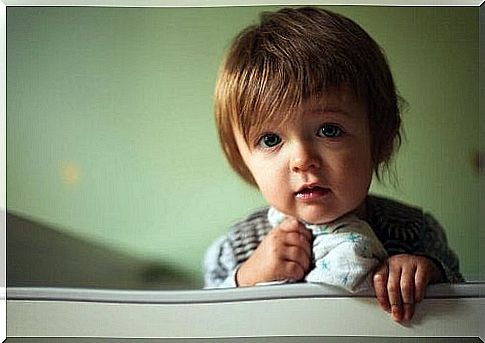
The baby goes to discover the world around him
At nine months, babies usually start to crawl. If your child hasn’t started yet, you can help her do so by placing her on a blanket. Then you can put down an object that he likes and wants to grab some distance away from him. This will motivate him to achieve his goal.
A month later, when he is about to complete his first year of adventures, he can stand up on his own or by leaning against the wall. He will say ma-ma, pa-pa and other words to ask what he wants. He knows how to say hello with his little hand, and he enjoys making noise by throwing things, sliding them on the floor, and tearing up paper.
At this point, it is convenient to arm yourself with patience and allow it to experiment a bit by playing and making noise. All these experiences serve as learning for its healthy development.
At 11 months, your child’s body language is so expressive that it’s very easy for you to understand it. He will have already started talking a little and will say things like “give me”, “more”, “no”. When he hears the negation, he pays attention to the explanation. At this age, he begins to walk on his own, leaning on furniture or holding the hands of an adult. He will learn to walk little by little. Parents should therefore be patient and try not to rush the child. You have to try to respect your rhythm.
And so, little by little and slowly, the baby will blow out his first candle. Already one year old, he will leave mum’s arms and embark on a greater adventure, in which he will discover the world by crawling and taking small steps.
